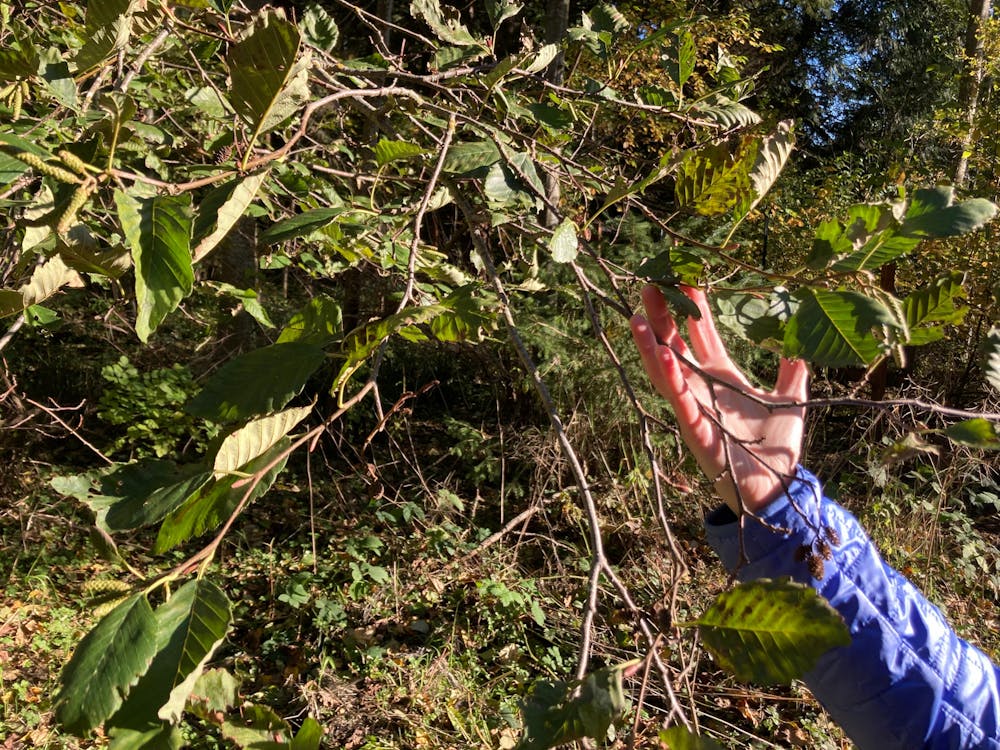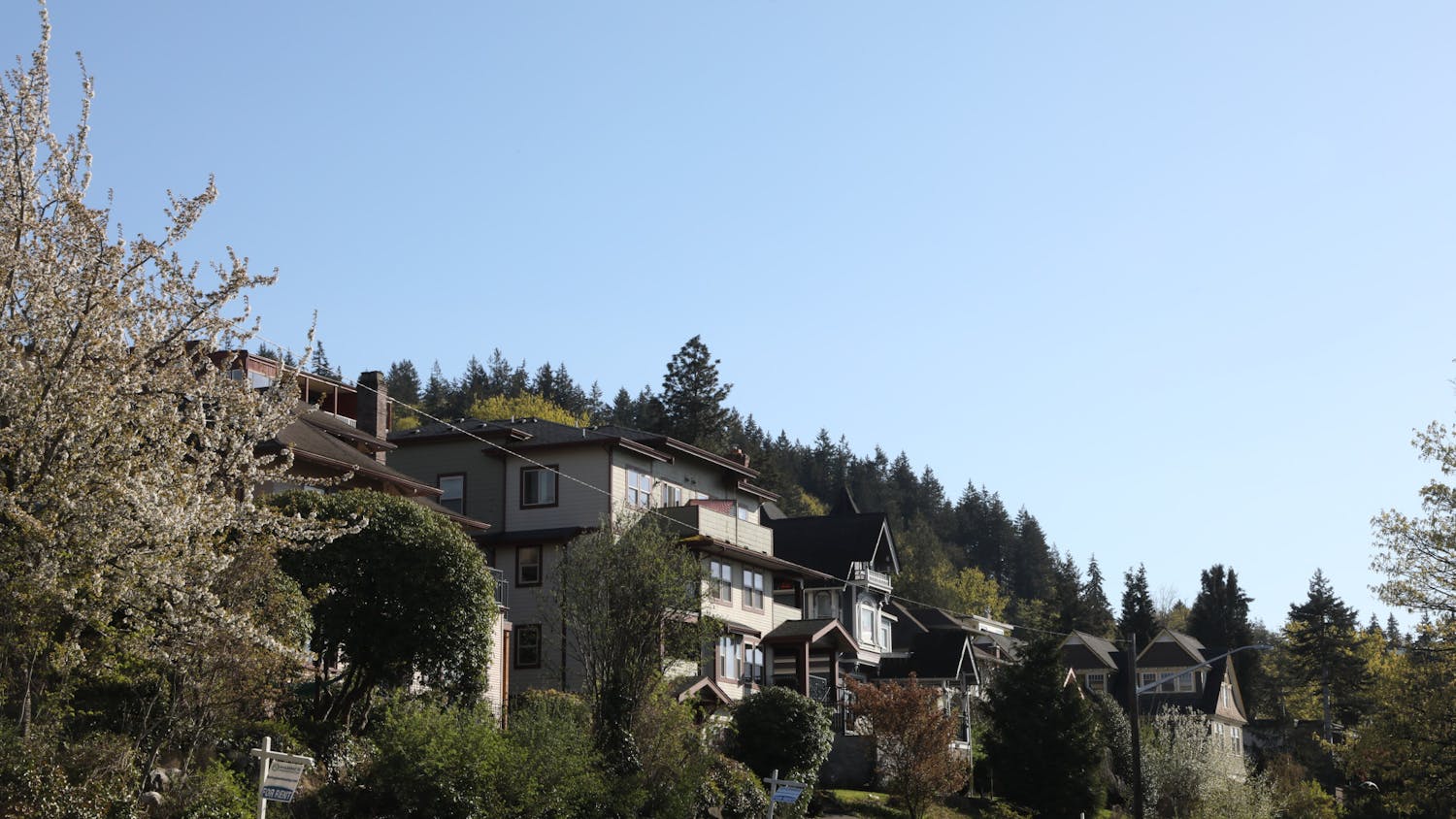Western Washington University’s Wellness and Counseling Center is hosting a monthly workshop event called “Growing Wellness” between the months of October and May, with the workshops taking place on the second Wednesday of each month (excluding December). These workshops focus on the well-being of students while also allowing students to be more connected with nature using horticulture therapy practices.
“Growing Wellness is a workshop series collaboration between the Counseling and Wellness Center and the Outback Farm for WWU students,” said Tonya Pepper, Western’s Counseling and Wellness Center licensed mental health counselor. “The workshops offer a variety of nature-based strategies for mental and emotional wellness to support students dealing with a broad range of challenges such as loneliness, stress, seasonal depression and climate anxiety.”
Pepper is also the organizer and originator of the Growing Wellness workshops.
The workshop session for November was called “Growing Roots” and focused on the alder tree. For this workshop, participants went out into the Outback garden to find and choose a plant that resonated with them and create a connection with that plant. This connection to nature possibly lowers blood pressure and anxiety, with many other benefits that come with participating in the workshop.
The connection to nature that takes place in these activities can be very therapeutic, allowing the participant to feel calm and relaxed while also thinking deeper about the connections being made in the surrounding environment.
All of these workshop events also incorporate experiential activities, discussions throughout the session and practices that allow participants to be mindful while also letting people contemplate their surroundings.
“Depending on the type of HT [Horticulture Therapy] program, the benefits are varied,” said Christine Capra, the program manager at Horticulture Therapy Institute. “They could be meeting psychological needs such as mental growth, healing, and emotional health, enhanced pride and self-esteem, opportunities for focused attention, providing meaning and purpose, and motivating normally and tangibly. The list goes on and on. The reason it’s so effective is that it’s real and you can see the outcomes, unlike many other therapies.”
When it comes to the practices taught at the Growing Wellness workshops, each month has a different focus that tackles practices that can improve mental health.
“I am more of an experiential-based therapist,” Pepper said. “I like for clients to try out something and learn it for themselves rather than just hear me talk about it, which is why I developed this more experiential-based workshop series.”
There are therapeutic horticulture practices that anybody can take part in, such as forest bathing. Pepper said forest bathing is an old Japanese psychological practice where people go into nature to absorb the environmental atmosphere, which can result in many psychological benefits, such as reduced stress.
“Have you ever felt super stressed, gone for a stroll through a pretty area, and feel refreshed and centered? I feel that so much working on the farm,” The Outback Farms Manager Terri Kempton said. “We need fresh air, good company and that grounded feeling when we remember how connected we are to the earth and each other.”
Being in touch with nature is another lesson that can be passed on through these workshops. There’s a sense of nostalgia, gratitude and relaxation that come with spending time in a natural environment, such as The Outback.
Similar events that help deal with a student’s mental health can come from the Wellness Wednesday workshops at the Viking Union. Though these workshops don’t offer the same nature-based experiences, there are still similar topics that are being touched on in both of these workshops.
The next Growing Wellness workshop in January is called “Nature is Queer.” At this workshop, LGBTQ+ students can make connections with their identities that might be reflected in nature with body-based practices.
“HT works for many reasons, but the normalcy and realness it provides help break down the barriers experienced by many program participants,” Capra said. “It also transcends barriers established by socioeconomic status, language ability and disabilities."
Kota Sato (he/him) is a sports and recreation reporter for the Front and third-year student at WWU. Majoring in news/editorial journalism, he enjoys writing most on topics that revolve around American football or basketball.






